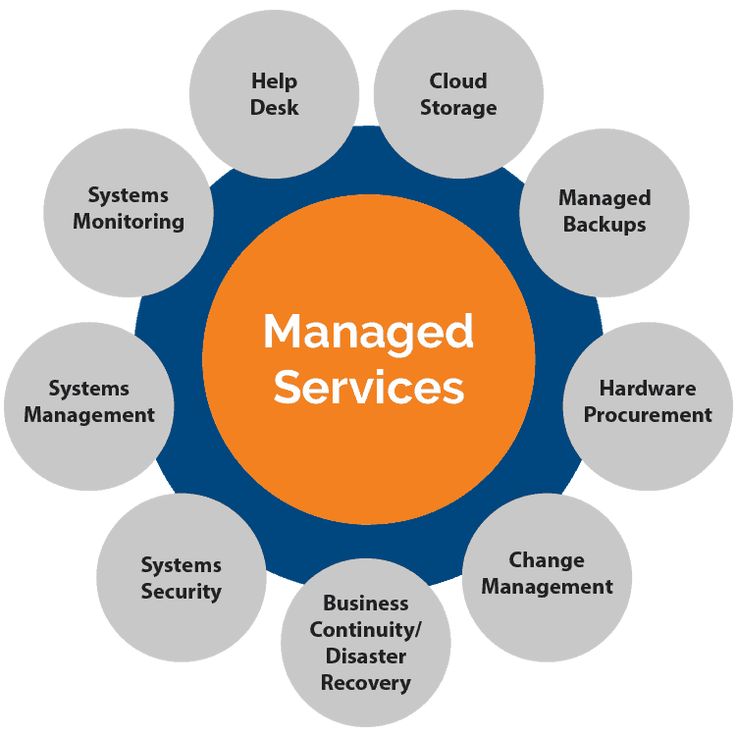
An environmental consultant is a professional who specializes in environmental issues and can help you comply with government regulations and prevent future problems. These professionals conduct investigations to determine the extent of potential danger from hazardous substances in soil, groundwater and surface water. They provide advice on how to minimize risk, avoid fines, legal actions, misguided transactions, and how to avoid them.
SQEPs represent individuals who reduce risk and give clients control
SQEPs are individuals who focus on risk reduction. These people can assist with many environmental, economic and operational issues. They possess the experience and skills that will minimize risks and allow clients to take control of the process. The Office for Nuclear Regulations (ONR), has developed a Technical Assessment Guide for SQEPs. This guide helps inspectors assess the appropriate number of SQEPs and how their tasks should be structured.
SQEPs must either have prior experience in the specific field they are working in, or they must be under the supervision of SQEPs who have such experience. In addition, a SQEP must be certified to complete PSI or DSI reports. The requirements for SQEP Certification are stated in Regulation 3 (NESCS). The Users' Manual also provides guidance for determining if an individual qualifies as a SQEP.

They carry out investigations to determine the risk posed by hazardous substances in soil, sediment, groundwater and surface water
The process of determining whether hazardous substances exist in the environment is called a risk assessment. The risk assessment assesses the possibility of adverse effects on the environment or public health of the contaminant, as well as the extent of exposure.
Most often, risk assessments are done together with remedial plan. These plans outline the actions needed for a site and describe the specific risks. These plans are created by considering the current and future use of land and resources, environmental issues, as well federal and state laws. The cleanup level must meet, or exceed, a acceptable risk-based standard for the area's inhabitants.
They can provide many different services
There are many areas of expertise that environmental consultants can help with. Environmental consultants can assist companies in determining their air emissions requirements and conducting site investigations. They can assist in the design of pollution control equipment or prepare annual Michigan Air Pollution Reporting System forms. The environmental consultants are also valuable resources when dealing with regulatory bodies.
Most environmental consultants work from offices or labs. However, they might also be out on the field. They will need flexibility, the ability to adapt to changing situations and be able to work in challenging circumstances. Because environmental consultants often work in a team, they need to be skilled at project management and communication. They also need to be able to maintain files and track client satisfaction.

Find an environmental consultant near you
You will need to have both education and experience in order to be an environmental consultant. A keen interest in the environment is required. You must also have the ability to carry out field research and analyse scientific data. You should also have good communication and management skills. Many environmental consultancies offer graduate-training programs. Volunteering for local environmental agencies can also be a great option. Many consultancies hire individuals to provide assistance to environmental concerns for both the public and private sectors.
An environmental consultant who is experienced can assist you in complying with all environmental laws and regulations. However, environmental consulting has its challenges. The work can be repetitive and requires a lot of self motivation. Dealing with difficult clients, for example, can be difficult.
FAQ
What should I expect from my consultant
You should hear back from your chosen consultant within a few days. They will typically ask for information about the company, such as its mission, goals. products and services. budget. They will then send you a proposal that outlines the scope of work and estimates timeframe, fees, deliverables, milestones and other details.
If all goes according to plan, the two sides will sign a written deal. The terms of the contract will depend on the type of relationship between the two parties (e.g., employer-employee, employer-independent contractor).
If all goes well, the consultant will start working immediately. The consultant will have full access to your files and resources. You'll also have access to their skills and knowledge.
However, don't assume that just because someone is a consultant that s/he knows everything. It takes practice and hard work to become an expert in the field you are consulting. Don't expect your consultant know everything about your company.
Who hires consultants
Many organizations hire consultants to assist with projects. These include small businesses, large companies, government agencies and non-profits.
While some consultants work for these companies, others are freelancers. The process of hiring depends on the size and complexity the project.
You will likely go through multiple rounds of interviews when hiring consultants before you choose the candidate you feel is the best fit for the job.
Which industries use consultants?
There are many different types of consultants. There are many types of consultants. Some specialize in one type of business, while others can handle multiple areas.
Some consultants work only for private companies, while others represent large corporations.
And some consultants work internationally, helping companies all over the world.
Is consulting a real job?
Consulting is not only an entry-level profession for those looking to make fast money, but it's also an excellent way to acquire valuable skills that you can apply throughout your career.
Consulting offers many opportunities in project management as well as business development, strategy and training. You might find yourself working on projects ranging from small start-ups to large-scale international corporations.
Consulting provides you with the opportunity to develop and hone your skills, as well as gain experience within a range of industries. This could mean learning to manage teams, negotiate contracts, write proposals, manage budgets, analyze data, create presentations, conduct market research, and much more!
Do I need to pay tax on consulting income?
Yes, you will need to pay tax on your consultancy profits. The amount depends on how much you earn per year.
If you're self employed, you can deduct expenses beyond your salary.
But you won't be able to deduct interest payments on loans, vehicle depreciation, or the cost of equipment.
Only 25% of your expenses can be claimed back if you make less than PS10,000 annually.
You might be taxed even if you make more than the threshold depending on whether your income is contractor or employee.
Pay as you Earn (PAYE) is the most common method of taxing employees. Contractors pay VAT.
Statistics
- "From there, I told them my rates were going up 25%, this is the new hourly rate, and every single one of them said 'done, fine.' (nerdwallet.com)
- According to statistics from the ONS, the UK has around 300,000 consultants, of which around 63,000 professionals work as management consultants. (consultancy.uk)
- Over 50% of consultants get their first consulting client through a referral from their network. (consultingsuccess.com)
- So, if you help your clients increase their sales by 33%, then use a word like “revolution” instead of “increase.” (consultingsuccess.com)
- WHY choose me: Why your ideal client should choose you (ex: 10 years of experience and 6-week program has helped over 20 clients boost their sales by an average of 33% in 6 months). (consultingsuccess.com)
External Links
How To
How can I find a good consultant for my business?
Knowing what you need from your consultant is the first step to finding a qualified consultant. What do you need them to do for your website? Do you need them to optimize your site so that it ranks higher in search engines' results? Maybe you are looking for someone to point out any problems with your current web host. You should know the type of services that you require before you start looking at other companies. Many consultants claim that they can offer these services. But only a small percentage of them are able to deliver. How do I choose one? Here are some considerations when choosing a consultant.
-
Ask for referrals. This is the best method to find a consultant. Because you are likely to pay too much, you shouldn't hire someone who you have never heard of. However, you shouldn't work with someone with poor reputations. If you're lucky enough to get referrals from people you trust, then great! However, even if this is not possible, you might still be able check reviews online. You can find testimonials and case studies from clients who have used your service.
-
Ask around. Many people aren't aware that they could benefit from hiring a consultant. They assume that their current situation is fine and they don’t need changes. This is often not true. Even if results are good, there is a chance you haven’t been keeping up-to-date with new trends and technologies. Relying on outdated methods will prevent you from maximizing your potential for growth. Ask around to find a qualified consultant.
-
You should verify their qualifications. You don't need to worry about whether they are building a website or an eCommerce store worth millions. Make sure that they're qualified to perform the tasks you need to be done and that they have sufficient expertise in the area.
-
Find out the type of projects they specialize. This is false. Some areas require specialized training and education. For example, if you need someone to build a WordPress theme, you won't want to hire a developer who specializes in Drupal. The same goes for graphic design, programming languages, etc. Ask the designer what kind of projects they have worked on in the past.
-
Be aware of their fees. As we mentioned, it is important to know what they charge. However, you don't need to pay too much. There are many different types of consultants. Some consultants bill by the hour, while others charge per project. It's cheaper to know upfront what you are paying than later.
-
Understand what they offer. Are they available for free consultations Will they give you advice on how to set up your own system? Can they guarantee your site will rank higher if you work with them? If you don't like what you hear during your consultation, you should feel confident knowing you can cancel without penalty.
-
Also, ask if discounts are available for multiple months and years. Many consultants offer extended discounts for long periods. It is not necessary to commit to an entire year. However, you could still benefit from any deals offered by the consultants.